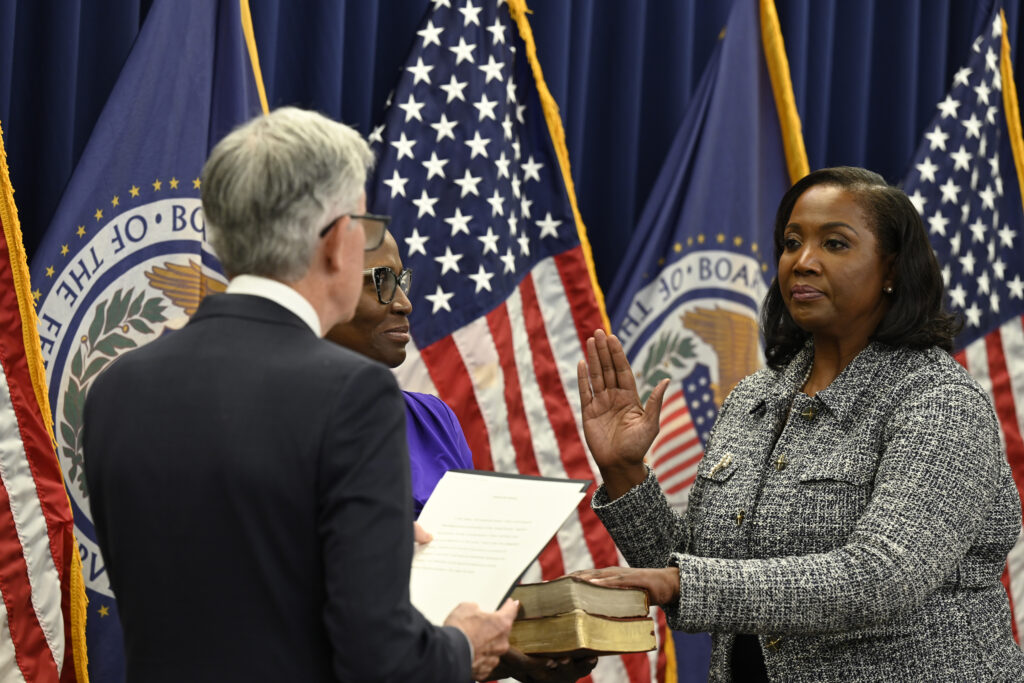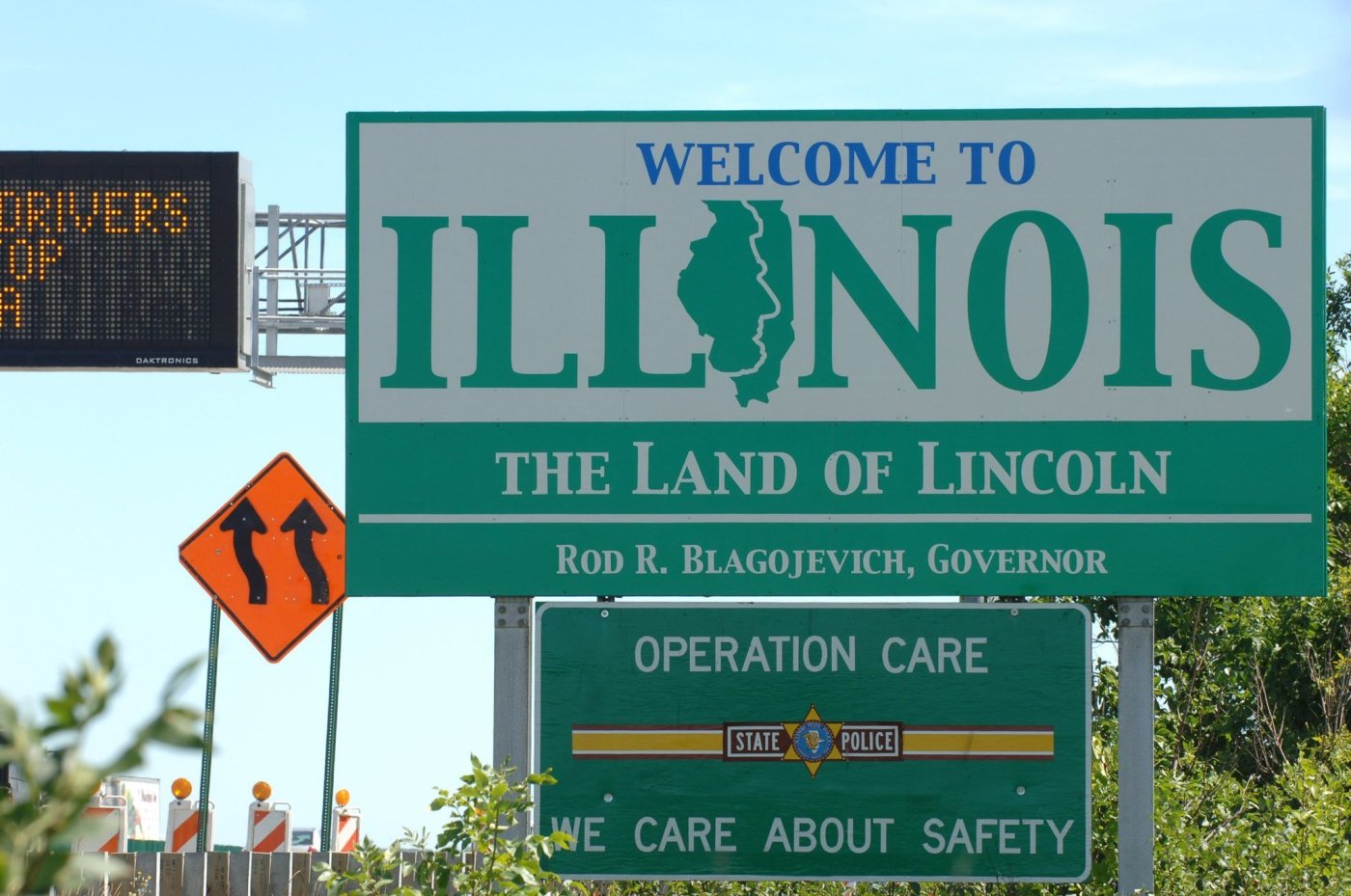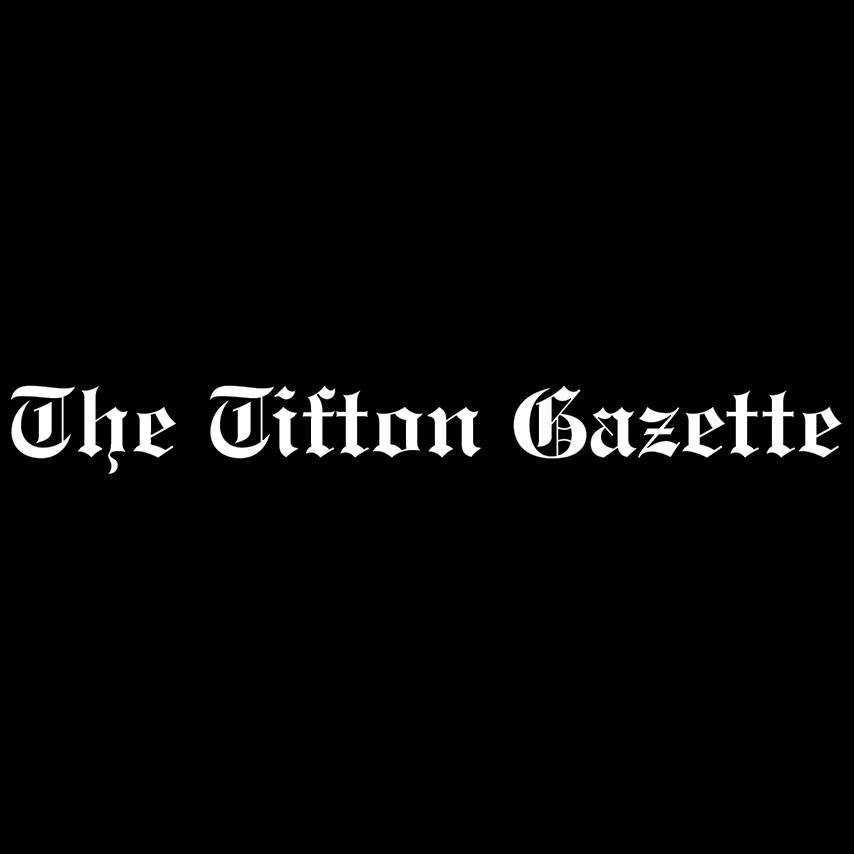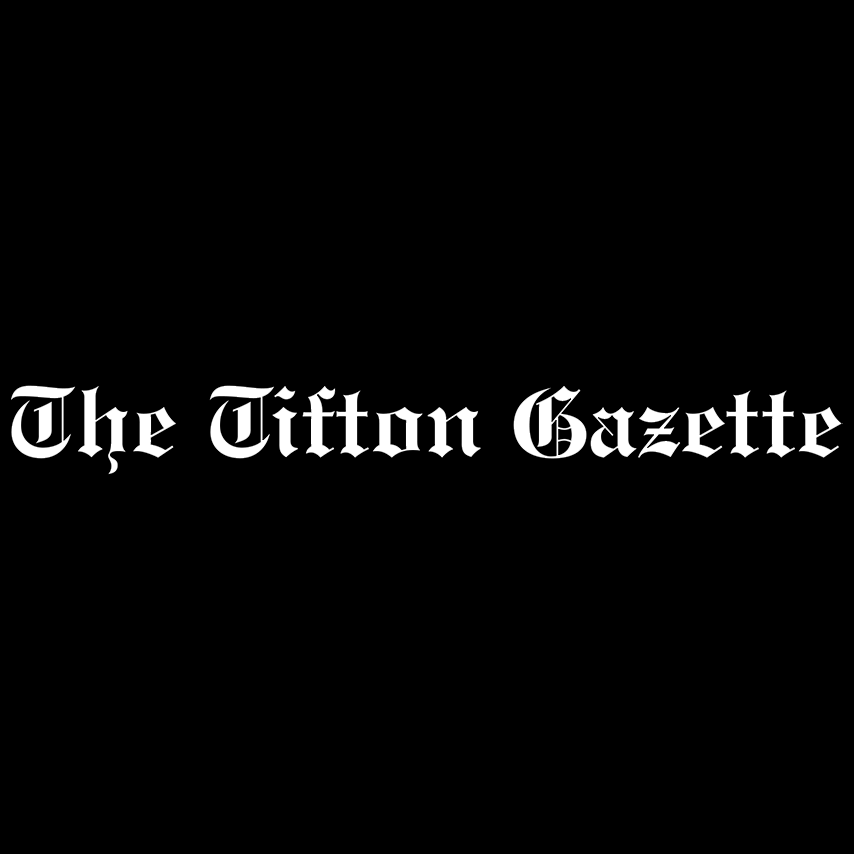
A US appellate court has upheld a lower court’s decision that prevents President Donald Trump from removing Federal Reserve Governor Lisa Cook. On September 18, 2023, the US Court of Appeals for the District of Columbia ruled in a 2-1 decision that Cook is likely to succeed in her challenge against the President’s attempt to fire her.
The majority opinion, written by two judges appointed by President Joe Biden, emphasized the significance of the “for cause” requirement stipulated in the law governing the removal of Federal Reserve governors. The judges noted that this provision grants Cook a property interest in her position. They stated that before the government can deprive an individual of such property, it must provide notice and an opportunity for a hearing, both of which were not afforded to Cook in this instance.
The court did not examine whether Trump had valid grounds for her dismissal but underscored that the lack of a proper process rendered the attempted removal unlawful. Cook had been dismissed in late August, with Trump alleging that she made false statements on personal mortgage applications prior to her appointment to the Board of Governors.
In an effort to pause the implementation of the lower court’s injunction, Trump’s legal team argued that Cook does not possess a property right to her position, and that a hearing is necessary only when there are disputed facts. They claimed that Cook had not contested the factual allegations against her, thereby negating the need for a hearing.
Judge George Katsas, a Trump appointee, dissented from the majority decision. He aligned with the administration’s view that public officials like Cook do not have a property interest in their roles.
This ruling allows Cook to participate in the upcoming Board of Governors meeting scheduled for Tuesday unless the Trump administration secures a timely appeal to the Supreme Court. The legal battle reflects ongoing challenges regarding Trump’s authority to dismiss heads of administrative agencies during his second term.
The case has sparked discussions on the limits of presidential power and the protections afforded to appointed officials. As the situation develops, it will likely have implications for governance and accountability within federal agencies.







